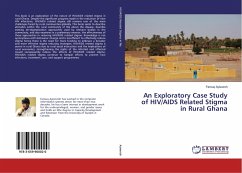
Broschiertes Buch
26. Juli 2016
LAP Lambert Academic Publishing
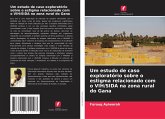
Broschiertes Buch
28. Februar 2025
Omniscriptum; Edições Nosso Conhecimento
Broschiertes Buch
28. Februar 2025
Omniscriptum; Wydawnictwo Nasza Wiedza
Une étude de cas exploratoire sur la stigmatisation liée au VIH/SIDA dans les zones rurales du Ghana
Broschiertes Buch
28. Februar 2025
Omniscriptum; Editions Notre Savoir
Broschiertes Buch
28. Februar 2025
Omniscriptum; Edizioni Sapienza
Ähnliche Artikel
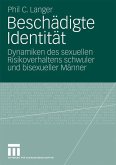
Broschiertes Buch
Dynamiken des sexuellen Risikoverhaltens schwuler und bisexueller Männer
2010
27. Oktober 2009
VS Verlag für Sozialwissenschaften
978-3-531-16981-1
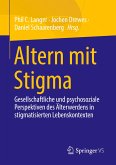
Broschiertes Buch
Gesellschaftliche und psychosoziale Perspektiven des Älterwerdens in stigmatisierten Lebenskontexten
1. Aufl. 2022
22. Oktober 2022
Springer Fachmedien Wiesbaden / Springer VS / Springer, Berlin
978-3-658-37215-6
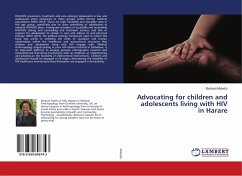
Broschiertes Buch
1. Juni 2016
LAP Lambert Academic Publishing
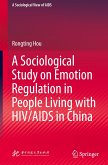
Gebundenes Buch
1st edition 2021
24. Juni 2021
Huazhong University of Science & Technology Press / Huazhong University of Science and Technology Pr
978-981-16-1493-4
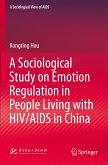
Broschiertes Buch
1st edition 2021
25. Juni 2022
Huazhong University of Science & Technology Press / Huazhong University of Science and Technology Pr
978-981-16-1496-5
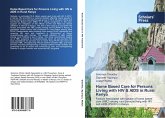
Broschiertes Buch
Factors Associated with uptake of home based care (HBC) among rural persons living with HIV and AIDS (PLHIV) in Kenya
15. Oktober 2014
Scholar's Press
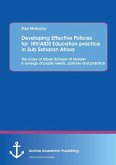
Broschiertes Buch
Erstauflage
13. November 2014
Anchor Academic Publishing
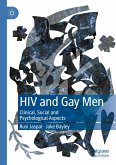
Broschiertes Buch
Clinical, Social and Psychological Aspects
1st edition 2020
30. Oktober 2021
Palgrave Macmillan / Springer Nature Singapore / Springer, Berlin
978-981-15-7228-9
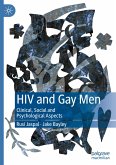
Gebundenes Buch
Clinical, Social and Psychological Aspects
1st edition 2020
30. Oktober 2020
Palgrave Macmillan / Springer Nature Singapore / Springer, Berlin
978-981-15-7225-8
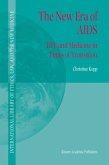
Gebundenes Buch
HIV and Medicine in Times of Transition
2003
31. März 2003
Springer / Springer Netherlands
978-1-4020-1048-4
Ähnlichkeitssuche: Fact®Finder von OMIKRON
